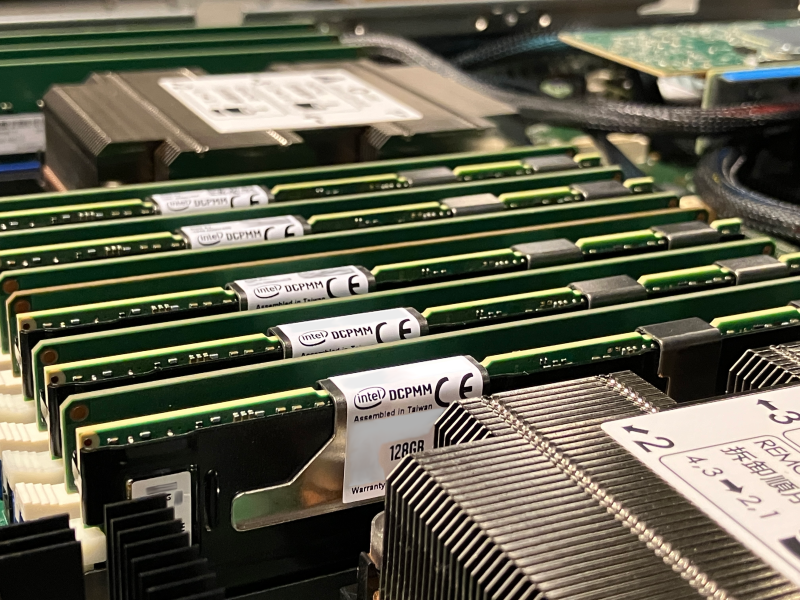During the ISC High Performance 2024 conference, the recent IO500 lists were announced which rank computer systems by their storage performance. Lise, the HPC system operated by NHR@ZIB, and its DAOS storage system achieved rank 3 on the ten node production list, behind the exascale system Aurora (ANL, USA) and SuperMUC-NG-Phase2 (Leibniz-Rechenzentrum Munich, GER). Lise's DAOS achieved 65 GByte/s of bandwidth and 1,6 million I/O operations per second, resulting in twice the score of the system on rank four. This performance was achieved with 10 client nodes and 960 client processes. Within the full production IO500 list the same results placed Lise on rank five.
Michael Hennecke, Principal Engineer at Intel who supported ZIB's benchmarking efforts, states: "This performance is especially remarkable since the Lise supercomputer has already been in operation for several years, and the ranking was achieved with just ten 2nd Generation Xeon clients and a single Omni-Path 100Gbps link on each client. The Lise performance compares well with the DAOS results at ANL and LRZ (which use multiple 200Gbps links), and we’re excited that DAOS can now be used to accelerate I/O intensive applications on Lise." Thomas Steinke, who leads the NHR@ZIB team, comments: "We are happy to see such promising performance numbers for our DAOS installation. There's still room for improvements, especially at scale and on the networking side. For both aspects, we are working with our partners to further improve the service offered by DAOS".
Cornelis Networks add: "We proud to have contributed to the outstanding performance of the Lise system at NHR@ZIB. The Omni-Path high-performance networking solution played a critical role in achieving this impressive IO500 ranking which bodes well for the future. We are committed to continuing our support and innovation to push the boundaries of fabric performance in AI and HPC systems, enabling groundbreaking research and discoveries, and look forward to continued collaboration with the NHR@ZIB and DAOS teams."
DAOS (Distributed Asynchronous Object Storage) is an open source software-based storage system that operates completely in user space to make efficient use of remote direct memory access (RDMA) features found in modern HPC networks, NVMe devices, as well as persistent memory technologies.
